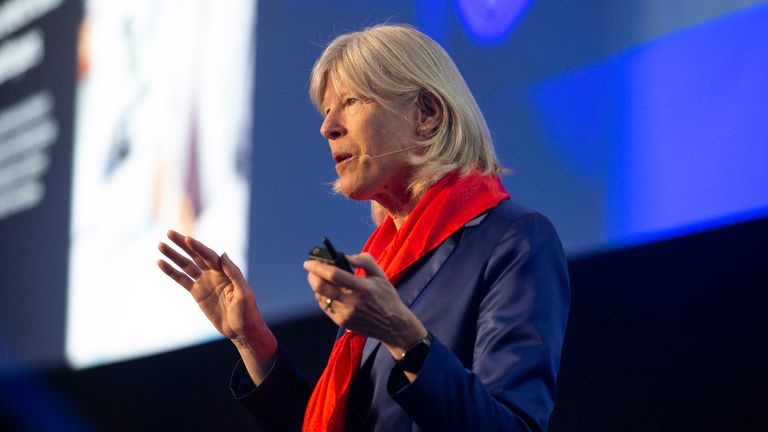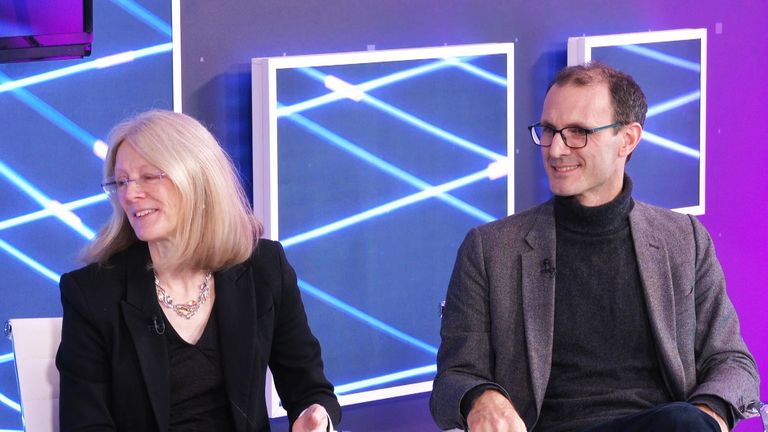Clinical trials on anti-aging supplements may uncover the answer to remaining healthy in later life, an expert has said.
While many supplements are readily available and inexpensive, there is a lack of evidence to show if they are effective, said Professor Cynthia Kenyon, an aging expert.
Clinical trials may reveal that one supplement, already in circulation, holds the secret to slowing down the biological aging process, and in turn, age-related diseases such as cancer and dementia.
Prof Kenyon, who works for a Google subsidiary, Calico Life Sciences, and whose research revolutionized the scientific understanding of aging, said trials on rapamycin and metformin – two supplements that have been linked to anti-aging – are needed in particular.
Rapamycin was originally developed as an immunosuppressant for organ transplant patients, while metformin is used to control glucose production in type 2 diabetics.
She also called for other substances found in red wine and sperm to be tested.
“A clinical trial that’s large enough to be meaningful costs millions of dollars,” Prof Kenyon said. “And so there’s no business model for this because if you want a clinical trial with something that’s freely available and inexpensive, you can’t recover your costs from the trial.
Read more:
The end of aging?
Are you a ‘super memorizer’?
‘Godfather of AI’ warns about advancement of technology
“And yet it’s an important need for the world because if they work and make you more resilient, not only do these interventions slow down aging, but they also counteract age-related diseases.
“So you would make people – if they work – resilient and more disease-resistant, and they can be sold to everyone, poor people can be given them.”
She added that knowing which supplements work on humans would be “wonderful for the world”.
Prof Kenyon called for the World Health Organization (WHO), governments, non-profit groups and philanthropists to get together and start human trials.
“We don’t know if any of them will work, but you find out,” she said.


